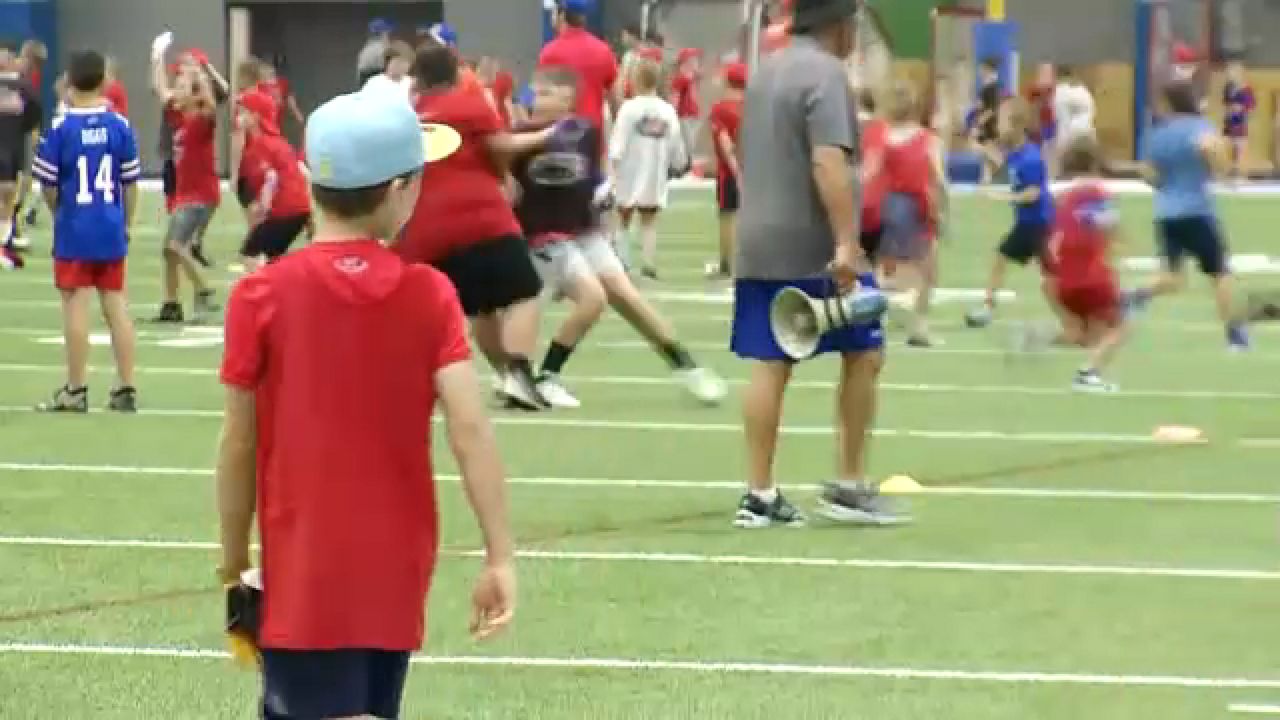Thousands of Western New York students are starting the school year remotely. But with that, comes concerns about cybersecurity. Experts warn students against letting their guard down when logging on this year.
“Hackers hack everywhere, it's just that they look for the vulnerable,” said Maria Garrity, a lecturer in SUNY Buffalo State College’s computer information systems department.
Cybersecurity is a hot topic for many students across the country as they kick off the school year on iPads and laptops.
University at Buffalo Graduate School of Education Associate Professor Sam Abramovich says safety for remote learners starts with the school students attend.
He said, "One thing we know is that if your child is using school approved technology, there's already some built-in security and safeguards right there."
Those safeguards can hopefully protect against cyberattacks or those phishing for personal information. But the professor says it doesn't hurt for parents to step in to help their children avoid any potential cyber threats. His tips for parents include being involved and aware of what their children are doing online, teaching the basics of online behavior like not giving information to strangers, and having the appropriate amount of concern.
He said, "I think what would be the most common thing to worry about is actually someone leveraging a parent's concern about their child against them so you can imagine as a concerned parent getting an email saying, ‘quick your child is in the nurse’s office and we need to get them some medication, can you provide us a credit card number?’ "
For students, he recommends they take the time to educate themselves about the systems they plan to use and to trust their instincts.
"If you have an instinctual feeling about something, act on that. If it seems like it could possibly be fake, go ahead and do the double check or find another way to access the information,” the professor said.
Earlier in the summer, SUNY Buffalo State College’s computer information systems department held a workshop on cybersecurity for Western New York educators. Lecturer Maria Garrity helped lead it. She advises remote teachers and students have a secure Wi-Fi connection, anti-virus programs installed to prevent web-based attacks, and security patches in place.
She said, "Make sure those security patches are installed and updated and this way, hackers cannot get into your system because everything will be secure and locked down.”
Also, make sure to pick passwords that aren't easy to figure out, only visit websites the school gave out, and have parental controls in place. As far as what schools can do, Garrity says having cybersecurity as part of students' curriculum would be a good idea.
"Perhaps teach this, teach the foundations early on. I would say and then still teach it, continue actually in the college years because they're more sophisticated in those years and they have a better understanding,” she said.










